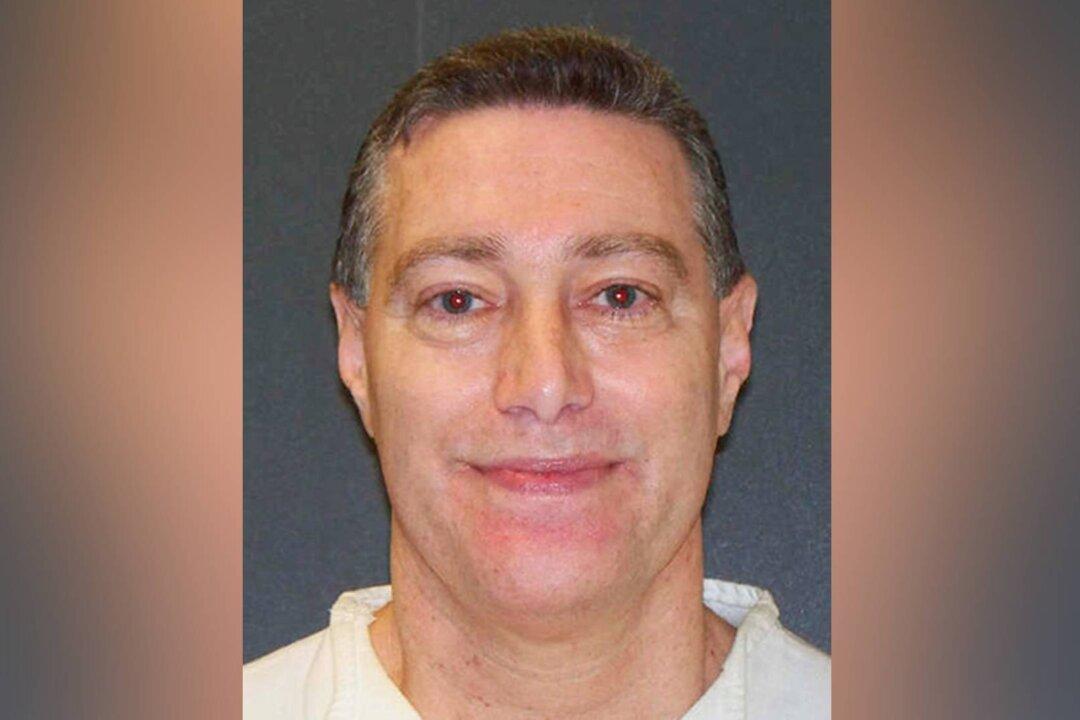A former Houston police officer was executed on Tuesday for hiring two people to murder his estranged wife over 30 years ago.
Robert Fratta, 65, was executed by lethal injection at the state jail in Huntsville for the fatal shooting of his 33-year-old wife, Farah Fratta, in November 1994, during a contentious divorce and custody battle.





